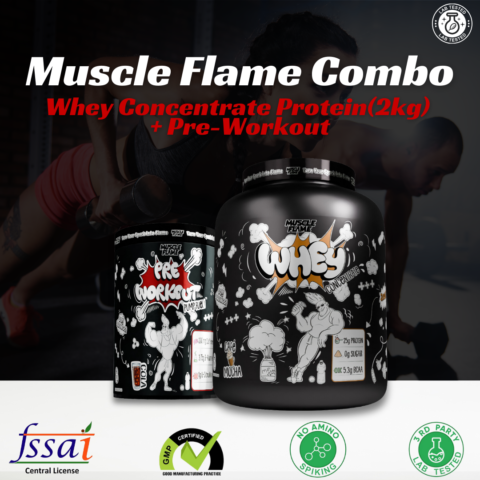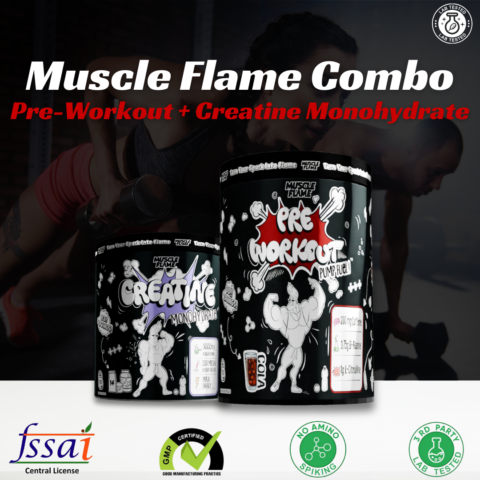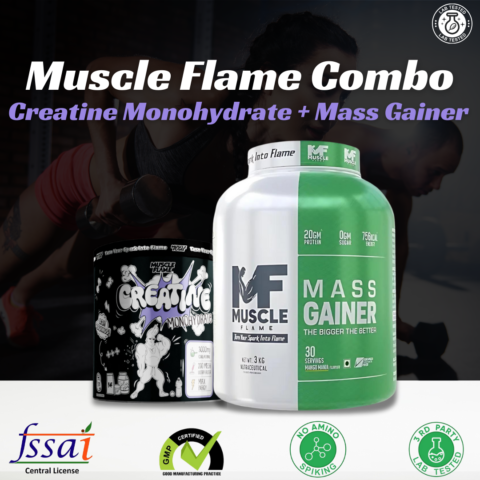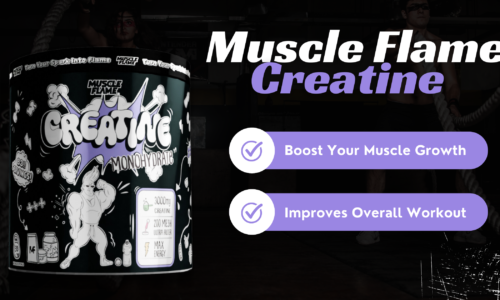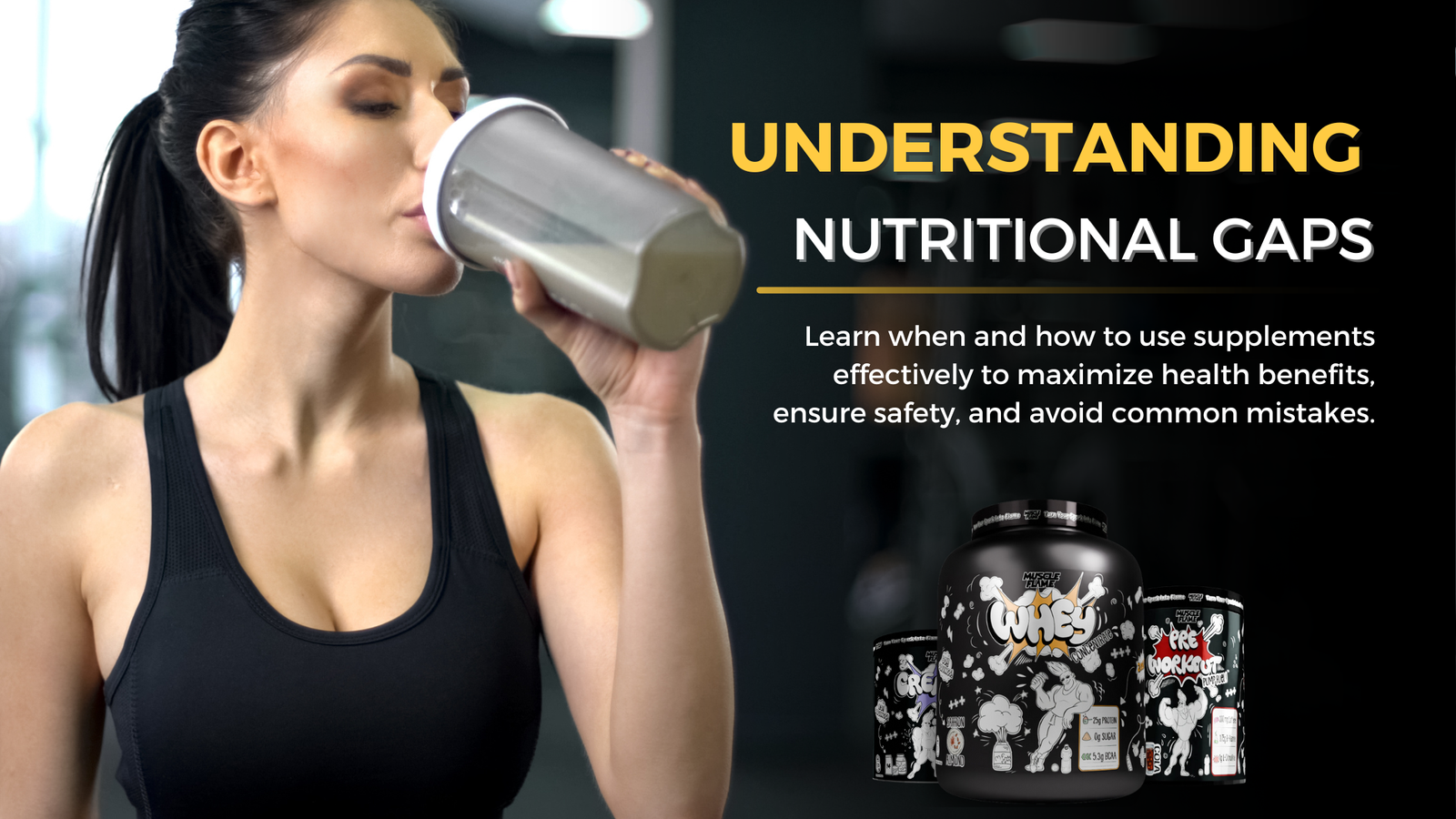
Understanding When and How to Use Supplements Effectively
Supplements have become an integral part of many people’s health regimens, offering a convenient way to bridge nutritional gaps, boost energy, and support overall wellness. However, the key to unlocking their full potential lies in knowing when and how to use them effectively. This comprehensive guide will delve into everything you need to know about supplements, from when they are truly necessary to how to maximize their benefits safely.
What Are Supplements?
Supplements are products designed to enhance or add to the nutritional intake you get from food. These can come in various forms, including pills, capsules, powders, and liquids. They typically contain vitamins, minerals, amino acids, herbs, or other botanicals aimed at improving health or supporting specific bodily functions. While they can be incredibly beneficial, it’s important to remember that supplements are not a replacement for a balanced diet.
Why People Turn to Supplements
People choose to use supplements for many reasons, ranging from boosting their immune system and enhancing athletic performance to addressing specific nutrient deficiencies. For some, it may be about improving skin health, while others might be focused on gaining more energy or improving cognitive function. Supplements often serve as a safety net for those whose diets may be lacking in essential nutrients. However, identifying the real motivation behind supplement use is crucial, as over-reliance can sometimes lead to overuse.
Understanding Nutritional Gaps
Modern diets, while more varied and accessible than ever, are often devoid of critical nutrients due to food processing, environmental factors, and personal dietary choices. For example, many people don’t consume enough fruits and vegetables, leading to deficiencies in vitamins like C and A, or minerals such as magnesium. Supplements can help fill these gaps, ensuring that your body receives the nutrients it needs to function optimally. Understanding your own nutritional profile is the first step toward smart supplementation.
When to Use Supplements
The best time to consider supplements is when your body shows signs of nutritional deficiencies. Common indicators include fatigue, frequent illness, brittle hair, and nails, or slow recovery after exercise. Additionally, life stages such as pregnancy, aging, or transitioning to a plant-based diet can create unique nutritional demands that are best met through targeted supplementation. If you’re unsure, getting a blood test to assess vitamin and mineral levels can be a good start.
How Supplements Complement Diet
Supplements work best when used as part of a comprehensive approach to health, alongside a nutrient-dense diet. While they can provide extra support, they should not replace whole foods, which offer fiber, antioxidants, and other compounds not found in supplements. A well-rounded diet rich in fruits, vegetables, lean proteins, and healthy fats lays the foundation for good health. Supplements serve as a booster, especially in areas where dietary intake falls short.
Different Types of Supplements
The world of supplements is vast, and understanding the differences can help you make informed choices:
- Vitamins and Minerals: These are essential for basic bodily functions like energy production, immune support, and bone health.
- Protein Supplements: Commonly used by athletes to build muscle, protein powders also aid in recovery.
- Herbal Supplements: Natural remedies like echinacea or turmeric are used for their anti-inflammatory and immune-boosting properties.
- Specialty Products: This includes everything from probiotics for gut health to omega-3s for heart support.
Common Misconceptions About Supplements
One of the most pervasive myths about supplements is that “more is better.” In reality, taking more than the recommended dose can sometimes be harmful, leading to nutrient imbalances or even toxicity. Another misconception is that supplements are a quick fix for poor diet or lifestyle choices. While they can provide support, they won’t compensate for a lack of sleep, hydration, or physical activity.
Supplements vs. Whole Foods
Supplements should always be viewed as an addition, not a substitute for whole foods. Whole foods provide a matrix of nutrients that work together synergistically in a way that supplements cannot replicate. For example, an orange not only contains vitamin C but also fiber, flavonoids, and other nutrients that enhance its health benefits. The process of eating whole foods also supports digestion and promotes a healthier relationship with food.
How to Identify Your Supplement Needs
The best way to determine whether you need supplements is to consult with a healthcare provider or a nutritionist. They can run tests to identify any deficiencies and recommend the right products. Self-diagnosing and randomly picking supplements off the shelf can sometimes do more harm than good, as you may end up taking things you don’t need or, worse, something that interacts negatively with other medications or health conditions.
Safe Supplementation Practices
Safety should always be the priority when introducing supplements into your routine. Start by reading the label carefully to understand the recommended dosage. More isn’t always better, as exceeding the recommended amount can lead to toxicity or adverse effects. Additionally, it’s essential to consider how certain supplements interact with one another. For example, calcium can interfere with the absorption of iron, so these should not be taken together.
The Importance of Timing in Supplement Use
When you take your supplements can impact how well they work. Fat-soluble vitamins like A, D, E, and K are best absorbed with food, particularly meals that contain fat. On the other hand, water-soluble vitamins such as vitamin C and most B vitamins are better taken on an empty stomach. Timing is also crucial for energy-boosting supplements like caffeine or pre-workouts, which should be consumed about 30 minutes before exercise for maximum impact.
How to Avoid Supplement Overuse
One of the greatest risks in supplement use is overdoing it. Many people mistakenly believe that if a small dose is good, a large dose must be better. This mentality can lead to serious health problems, such as liver damage, kidney stones, or even heart issues in the case of excessive calcium or iron intake. Always stick to the recommended dosages, and remember that supplements are meant to “supplement” not dominate your nutritional intake.
Do You Need Supplements Every Day?
Not every supplement needs to be taken daily. Some, like vitamin D during the winter months, may be necessary for extended periods, while others, such as workout supplements, might only be needed on active days. Cycling off certain supplements, especially those related to performance, can prevent your body from becoming reliant on them and ensure that they remain effective over time.
Supplements and Exercise
For those involved in regular physical activity, supplements can play a pivotal role in enhancing performance and recovery. Protein supplements, branched-chain amino acids (BCAAs), and creatine are common among athletes for building muscle and improving strength. Additionally, products like electrolytes and omega-3 fatty acids support endurance and reduce inflammation. However, not everyone needs exercise-related supplements, and their use should align with your fitness goals.
Supplements for Immunity
In recent years, immune-boosting supplements have gained attention. Popular choices include vitamin C, vitamin D, and zinc. These supplements support the immune system by fighting off infections and promoting quicker recovery. Elderberry, echinacea, and probiotics have also become trendy for their potential benefits in maintaining a healthy immune response.
Supplements for Mental Clarity and Focus
With the rise of nootropics, supplements designed to improve brain function are gaining popularity. Products like omega-3 fatty acids, B-vitamins, and herbs like ginkgo biloba are used to enhance memory, focus, and overall cognitive performance. These are particularly useful for students or professionals who need to maintain high levels of concentration.
Choosing Quality Supplements
Not all supplements are created equal, and quality should always be a priority. Look for brands that adhere to good manufacturing practices (GMP) and those that provide third-party testing to ensure the purity and potency of their products. Cheap supplements often contain fillers, additives, or low-quality ingredients that may reduce their effectiveness or even cause harm.
Conclusion
Supplements can be a powerful tool in promoting overall health, but they must be used responsibly and strategically. When integrated correctly into your diet, they can help address specific nutritional gaps, boost physical performance, and support long-term well-being. However, it is important to consult healthcare professionals, choose quality products, and avoid overuse to ensure that your supplement regimen is both safe and effective.
















